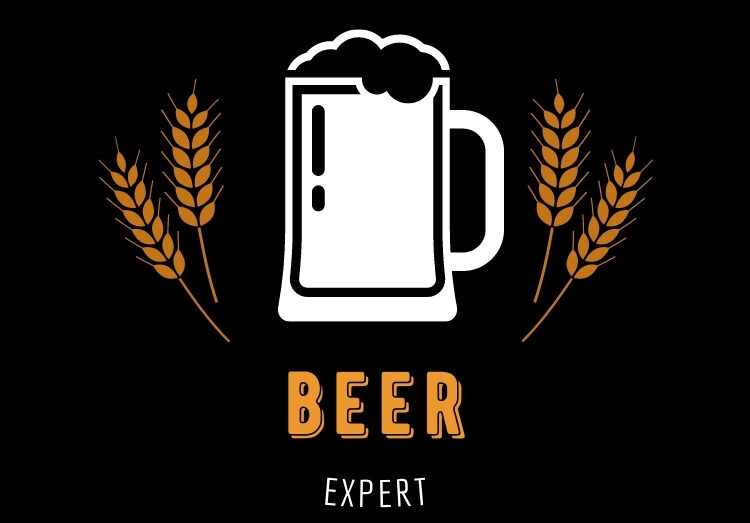Unfortunately for those who might bemoan the current government’s alcohol taxation policy, we have had an alcohol tax since 1690, when Britain’s principle drink was Ale. Back then the law was introduced to fund wars and the Bank of England actually only ever guaranteed funding to the British government on the basis of the funds that they would receive back on the basis of this new alcohol tax.
Rather cynically, a tax on a substance that is readily available, enjoyable and addictive had proved popular with governments ever since, with a taxation on tobacco later following, and the proposal that marijuana be legalized being directly associated with the idea that it should also be taxed.
The only problem with such policies is that they have relied on a source of revenue that is potentially as damaging as it is useful for the economy and for the nation’s defence.
Throughout the 17th to 19th Century’s smuggling of alcohol became popular as a result of taxation levels that were disproportionate to peoples spending power. And so the alcohol tax was effectively used in part to support customs in seizing contraband goods.
In this period beer earned a reputation second only to gin as the choice drink of hooligans and the cause of much anti-social behaviour. This scenario seems to some extent unfair, especially as good wine was not readily available to the masses in order that any sensible comparison of the comparative effects of beer and wine could be made!
Regulating the industry required ever greater expenditure, a situation echoed today, as the clean up related to drunken behaviour, alcohol abuse and alcoholism often costs so much that rises in tax are justified in the interest of civility and of good health.
In World War One both higher taxes and legal measures were introduced to curb drinking, the most notable being licensing laws that restricted alcohol sales to between certain hours. It was not until 2003 that those laws repealed and 24 hour drinking was introduced.
Since then a debate has raged as to how to curb Britain’s messy binge drinking culture, something still chiefly associated with the yob element that has attached itself to the image of beer for centuries.
The Last 30 Years, Beer And Taxes
From mod on rocker violence, to football hooliganism, to political activism, to just plain bad behaviour, the image of beer has been tarnished and tax rises have been justified year on year on this basis.
Recently, health workers have called for alcohol in general to be methodically tarnished in a similar way that smoking has been over the last 30 years. Where such moves may have been held back in the past by the propensity of those in power, both in government and in finance, to drink large amounts themselves, a change in attitudes makes it likely that we will soon be asked to conceive of drinking as a selfish and antisocial habit.
Some serious real ale drinkers might take issue with this on a number of counts. Whilst it might be certain (and studies have proved this) that a price rise for alcohol products tends to cut alcohol related crime and alcohol induced illness, it could be argued that what needs to be changed is peoples’ attitude to alcohol, and particularly to popular beers.
Over the last 30 years groups like CAMRA (The Campaign for Real Ale) have demonstrated that a real appreciation of beer can make drinking a reasonable sensible and very healthy pursuit. The message is that for every decade that breeds a new ‘yob’ culture there is a growing affirmation, on the other hand, of the status of beer as a drink for well meaning adults!
At the time of writing this article the average tax per pint of beer is 34 pence up from 3.1 pence per pint in 1973
